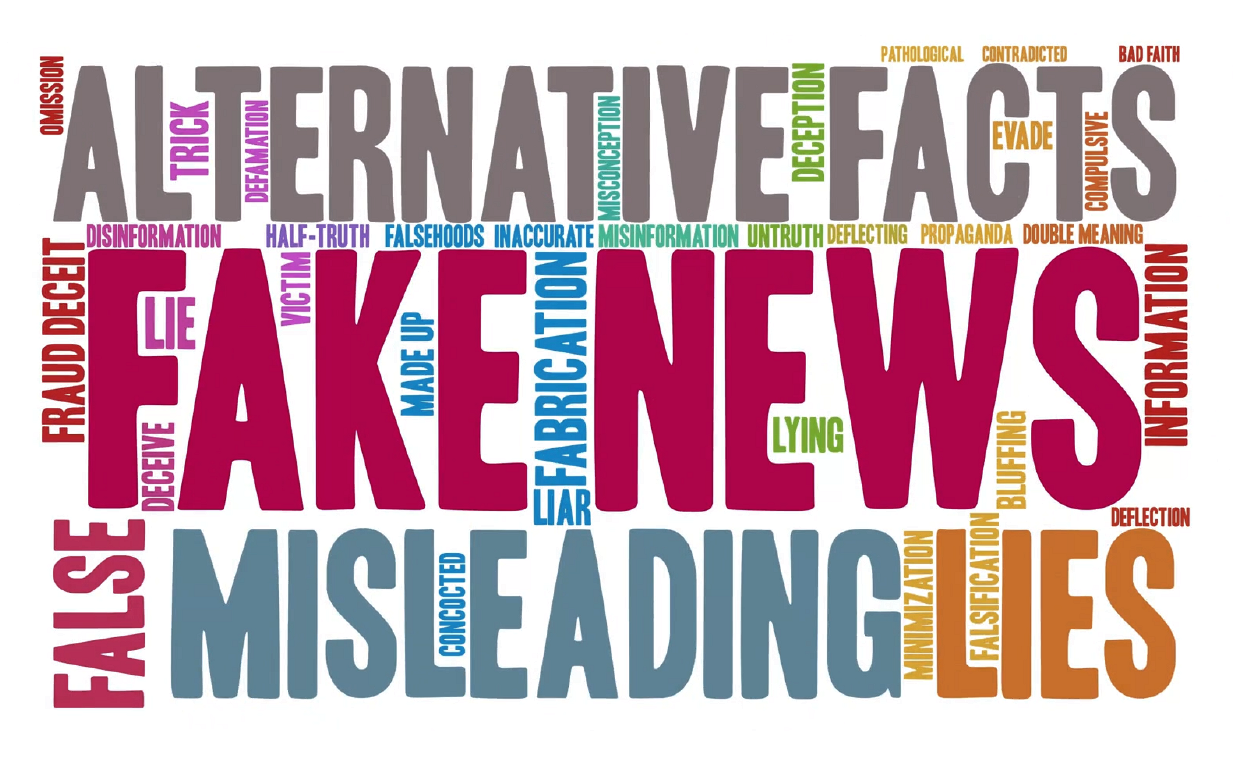Sedona AZ (February 15, 2010) – The Sedona campus of Yavapai College is sponsoring a series of Zero Waste courses leading to a Zero Waste Certificate from the college. The $35 tuition per session ($105 total) is minimal considering these courses usually cost in excess of the $700 range.
The 9-hour total 3-course format of the series allows for attendance either on two Saturdays, or a single weekend (April 23-24 2010) with morning and afternoon sessions. All sessions will take place on the Sedona campus. Registration is on-line at <http://www.campusce.net/YC/category/category.aspx?C=&S=40>.
The Zero Waste courses are leading edge practical courses for businesses, government, institutions, and residents. Remember the concept of Zero Waste is intended to reduce landfilling. Zero Waste is 21st century thinking to save natural resources, decrease pollution to air, land and water, and save energy. Zero Waste thinking pushes back at manufacturers to increase recycling and recyclability of their products and urges re-thinking of product use by residents, governments and institutions.
Where we live, our landfill, filled before its calculated lifetime, has expanded into National Forest Service land. Is this use of forest service land one we would wish to see extended? Many places are well on the way to Zero Waste. San Francisco (at 75%) has three curbside waste pick-ups: landfilled waste, recyclable materials, and recently food waste which will be composted for garden soil enhancement. Composting of food waste this way guantantees safety of such material. In contrast, composting of sewage sludge in most communities, especially those places with industry, is not a secure product for gardens – unless we force households and businesses to restrict what they put in the common sewer system (unregulated/poorly enforced industrial waste, chlorox, pharmaceuticals and personal care products). Composted materials are only as good as the ‘starting material’ and presently poor federal regulations.
The introductory course (Part I, Introduction) is offered twice, March 27 2010, and again, April 23 2010. It provides a definition and basic understanding of Zero Waste and the movement to promote more efficient resource management. Goals and objectives for communities and businesses striving to achieve Zero Waste will be discussed. Topics include Zero Waste infrastructure, public participation plans, and community education.
Parts II and III are offered in morning and afternoon sessions on April 24, 2010. Part II, The Assessments, instructs participants on how to perform a waste audit to identify recovery and reuse opportunities which could result in a cost savings for a business or community. Examples of programs, facilities, and resources that can help an entity achieve Zero Waste will be explored. Part III, Implementation at a Business, is the third in the three-part series to acquire a Certificate in Zero Waste. The capstone course in this series provides examples of programs which divert 90% of business waste to appropriate facilities and hauling services. Participants will learn how to source-separate materials to achieve Zero Waste.
Such courses are usually offered individually at regional or national meetings for landfill, waste, recycling, and environmental professionals. They are rarely offered at colleges, except for a few places in California.
California has mandated requirements for cities to significantly decrease landfilling of recyclable materials. The instructor, Richard Anthony, is an experienced world-respected leader and consultant on Zero Waste. He has taught these courses and assessed, written and implemented Zero Waste for businesses and entire cities and counties all over the world. Richard will be assisted by Marlene Rayner, National Sierra Club Zero Waste Committee and Activist Network. ( http://www.richardanthonyassociates.com).
We encourage environmental career students (college or late high school) and people wishing to change careers to sign up for the series. We also encourage local and state businesses, governments and institutions to attend or encourage their pertinent employees to sign up. Please consider Zero Waste as a way for your endeavor to ‘do the right thing’ environmentally (save resources, energy and pollution) AND SAVE money for you. You might even – even during these tough times – consider paying the $105 for yourself, or an employee. You will get much more back in savings!
If you would like a preview of real recyclers, Sedona Recycles, Democrats of the Red Rocks, and the Sierra Club are sponsoring the free public showing of the 2010 Oscar-nominated documentary film “Garbage Dreams” on March 11, 2010 at the Sedona Public Library from 6-8 PM. Join us! Thanks to C. Bentley Hill, Sedona Times, for sponsoring this news article.
This Sedona Times and SedonaTimes.com (soon to be re-named SedonaEye.com) article on Zero Waste is written and submitted by a former DuPont research scientist and Sedona Arizona resident, Marlene Rayner. Rayner now serves as chair Sierra Club Sedona-Verde Valley Group and is a member of Sierra Club Zero Waste Committee and Activist Network.


